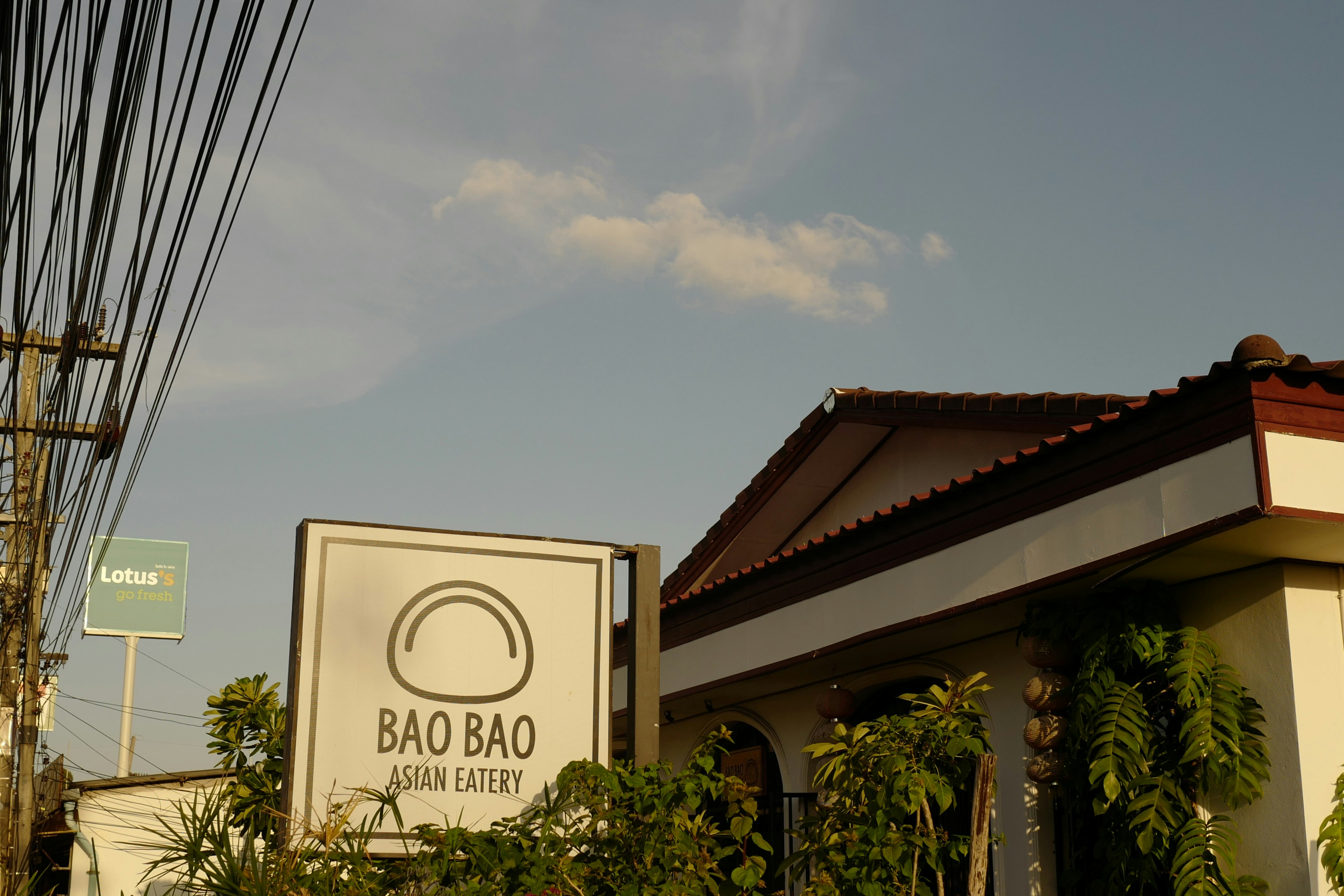Have you ever wondered why you keep experiencing digestive issues despite trying various health strategies? If you’ve been dealing with symptoms like bloating, gas, or even unexplained fatigue, you might be interested in understanding the connection between Small Intestinal Bacterial Overgrowth (SIBO) and oxalate issues. These two health concerns can often intertwine, potentially impacting your overall wellness more than you might think.
Understanding SIBO
Small Intestinal Bacterial Overgrowth (SIBO) is a condition where there’s an abnormal increase in the number of bacteria in the small intestine. While your gut naturally harbors bacteria, having too many can disrupt normal digestive processes.
What Causes SIBO?
The causes of SIBO can be varied but often stem from factors that inhibit proper digestion or alter gut motility. Things like:
- Motility Disorders: Conditions such as irritable bowel syndrome (IBS) can affect how food moves through your intestines.
- Structural Issues: Anatomical anomalies or surgeries can create areas where bacteria can thrive unnaturally.
- Use of Certain Medications: Some medications, particularly antibiotics, can disrupt your gut flora balance.
Understanding the root causes can help you strategize effectively if you’re facing this condition.
Symptoms of SIBO
How can you tell if you might be struggling with SIBO? Some common symptoms include:
- Bloating and Gas: These can be familiar companions if you have SIBO, leading to significant discomfort.
- Diarrhea or Constipation: Changes in bowel movements can vary and may disrupt your daily routine.
- Fatigue: Many people report feeling unusually tired, potentially impacting other areas of life.
Diagnosing SIBO
If you suspect you have SIBO based on symptoms, consider speaking with a healthcare provider who can guide you through diagnostic tests. The most common method is a breath test, where you’ll consume a sugar solution and measure hydrogen and methane levels in your breath.
Understanding Oxalates
Now that we’ve discussed SIBO, let’s unravel the concept of oxalates. Oxalates are naturally occurring substances found in many foods, and they can significantly impact how your body functions.
What Are Oxalates?
Oxalates are organic acids that can bind with minerals, particularly calcium, and can create compounds that the body struggles to process. You’ll find them in foods like spinach, nuts, and beets.
Potential Health Issues from Oxalates
Excessive oxalate levels can lead to a range of health concerns, including:
- Kidney Stones: High oxalate consumption can lead to the formation of stones, particularly in those predisposed to renal issues.
- Nutrient Absorption Issues: When oxalates are present, they can hinder the absorption of important nutrients, leaving you feeling depleted.
You might be thinking, how do these oxalate issues connect to SIBO? Let’s break that down.

The Connection Between SIBO and Oxalate Issues
Now that you have a basic understanding of both SIBO and oxalates, let’s examine how these two might relate to one another.
Compromised Gut Health
SIBO can alter the composition of your gut microbiota, impacting how your body processes and absorbs nutrients. If you have an overgrowth of bad bacteria, this can lead to higher absorption of oxalates, potentially making the situation worse.
Increased Oxalate Absorption
Studies indicate that SIBO may raise your chances of increased oxalate absorption. This occurs primarily because the gut flora imbalance can change how your body metabolizes oxalates. You may find yourself in a vicious cycle—managing your symptoms can seem like an uphill battle.
Nutritional Considerations
Managing oxalate intake becomes vital if you’re facing both conditions. You might consider working with a dietitian to adjust your meals accordingly. Here’s a table to illuminate which foods typically contain high levels of oxalates:
| Food Category | High Oxalate Foods |
|---|---|
| Vegetables | Spinach, Swiss chard, beets, rhubarb |
| Fruits | Raspberries, blackberries, kiwi |
| Nuts and Seeds | Almonds, cashews, peanuts |
| Cereals | Wheat bran, oatmeal |
| Legumes | Soy products, beans |
In contrast, it can be beneficial to lean towards lower-oxalate options, such as:
| Food Category | Low Oxalate Foods |
|---|---|
| Vegetables | Broccoli, cauliflower, zucchini |
| Fruits | Bananas, blueberries, strawberries |
| Grains | Rice, quinoa, corn |
| Proteins | Meat, fish, eggs |
| Dairy | Milk, cheese, yogurt |
The Role of Diet in Managing Both Conditions
Wouldn’t it be nice to have a strategy in place? Adjusting your diet to manage both SIBO and oxalate levels can be a gradual process. You can start by noting what you eat and how your body reacts to specific foods. This can help in crafting a personalized nutrition plan.
Managing SIBO and Oxalate Levels
You might be asking yourself, what can I do to address both issues simultaneously? Here’s a guideline to consider.
Consider a Low-FODMAP Diet
Some people with SIBO find that a Low-FODMAP diet helps in managing symptoms. This diet involves avoiding certain carbohydrates that may ferment in the gut, which also means cutting down on high-oxalate foods as many of them are high in FODMAPs.
Temporary Elimination Diets
Eliminating high-oxalate and fermentable foods for a period and then slowly reintroducing them can provide insight into what might trigger your symptoms. This way, you can identify manageable foods alongside protecting your gut health.
Probiotic and Prebiotic Intake
Introducing probiotics can help restore the balance of good bacteria in your gut. However, the timing and types of probiotics might be crucial, as some strains could aggravate SIBO symptoms. Prebiotics (which feed your beneficial bacteria) should be approached with caution and ideally under healthcare guidance.
Conclusion: Finding Balance in Your Diet
Navigating both SIBO and oxalate issues can feel daunting; however, it’s possible to find a balance that works for your body. Armed with knowledge, you can make informed decisions about your health and dietary choices.
Don’t hesitate to seek out professionals—dietitians and healthcare providers can help you craft a personalized approach that takes both SIBO and oxalate levels into account. Ultimately, it’s about listening to your body and finding what nourishes you without aggravating your symptoms. Your health is a journey, and every step you take gets you closer to feeling your best.
As you move forward, remember that you’re not alone in facing these challenges. With support and awareness, you can create a healthy relationship with food that fosters both wellbeing and energy. Sustainability in your choices is key, and you can absolutely achieve it. Your journey toward understanding SIBO and oxalate issues is just one part of the larger story of your health—embrace it with curiosity and compassion.





